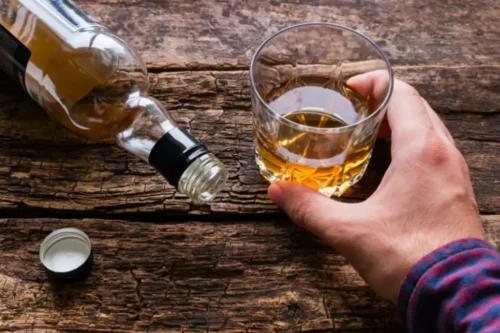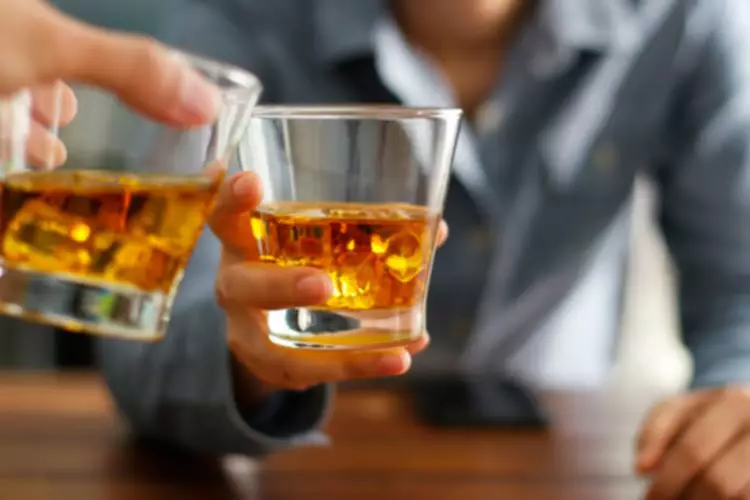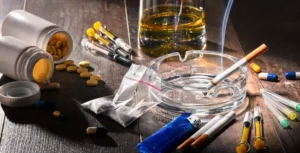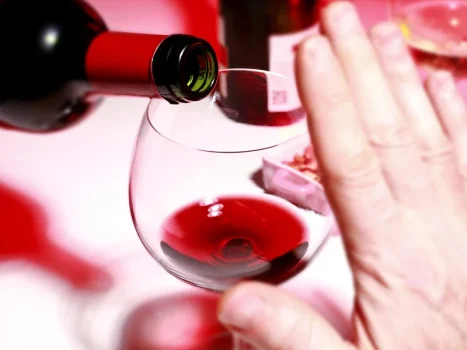What reducing alcohol can do for your health

And even occasional binge drinking episodes can have profound effects on your liver’s health over time. If you drink only once in a while, it’s unlikely that you’ll have withdrawal symptoms when you stop. But if you’ve gone through alcohol withdrawal once, you’re more likely to go through it again the next time you call it quits. Fewer young adults are choosing to drink than a decade or two ago, and people have used things like the “sober curious” movement to reexamine their relationship with alcohol overall. If you have alcohol use disorder and want help, a healthcare provider can guide you to resources and rehabilitation programs to help you quit. Know that your provider will be there to support you, not to judge you.
hours to 72 hours

Severe alcohol-induced hormone dysregulations can sometimes cause serious issues like reproductive deficits, thyroid problems, and behavioral disorders over time. “We’re finding that we can fill our days,” Daniel says, “but sometimes the nights are hard.” Then they discovered Sans Bar. Over the past 12 years, Marshall has seen a lot of changes in the way people view sobriety. Back when he was getting sober, you either drank — or you didn’t, he says.
The 4 Stages of Alcohol Recovery: A Path to Healing
Not only will you reduce your overall calorie intake, but you will also likely replace some of these calories from healthier sources. This will lead to improved nutrition, which can profoundly impact your overall health, especially over time. Alcohol can cause inflammation and damage to your liver when used heavily over prolonged periods. After stopping alcohol, inflammation in your liver caused by alcohol will subside. Most of this inflammation will be gone by your fourth week of abstinence.
- Cirrhosis of the liver (severe scarring of the liver) can occur over time in those who drink excessively.
- Heavy alcohol use is expensive, potentially costing you $800 each month or even more.
- One of the most significant benefits of taking a break from alcohol is the opportunity to reflect on your personal relationship with it.
- While the recovery period may be challenging, it’s also filled with milestones that can transform your life into one that’s better than you could have previously imagined.
Helping children make friends: What parents can do

Letting others know about your choice to stop drinking may help motivate you to stick with your decision. For those with alcohol misuse and dependence, the conditions are connected to chronic sleep disturbance, lower slow-wave sleep, and more rapid eye movement. Data from 2013 published in the American Journal of Public Health estimated that about 3.5% of cancer deaths in the United States were alcohol-related.

All the same, “a quick drink” often turns into three or four drinks. When you’re having a good time, you find it hard to stop, especially in the company of friends having the same amount. While many think drinking alcohol before bed will help taking a break from alcohol them nod off and stay asleep, it’s quite the opposite. “I would suggest cutting back on several things rather than completely eliminating to avoid feeling deprived, which can lead to rebound eating/drinking and weight regain,” she said.
Increased Mental Clarity
Steering clear of alcohol, however, gives the liver a chance to regenerate. “Cutting out and abstaining from alcohol can recover a substantial portion of liver function,” Wirtz says. “When we stop drinking, we can begin to repair some of the long-term effects of alcohol use.” Alcohol and heavy drinking can cause long-term, negative impacts on the brain, including poor memory and slower reflexes. Over time, the brain can actually get used to the effects of alcohol, causing it to work harder and cause unpleasant or even dangerous withdrawal symptoms like tremors and heart palpitations. These symptoms peak within 72 hours, but people with serious alcohol withdrawal symptoms should work with a healthcare provider as the experience can be fatal.
- Eating nutritious food, exercising, and getting enough sleep can help reduce some withdrawal symptoms, such as mood swings.
- I have a number of patients who come to me on anti-acid drugs, antidepressants and blood pressure lowering drugs, but when they stop drinking they don’t need any of them.
- Alcohol is high in empty calories, which can contribute to weight gain.
- If you’re ready to make a positive change, here’s what you may want to know about the recovery process.
How to Stop Drinking: Making a Plan That Works for You
- These stages can help prevent relapse and support people to live healthier, fuller lives.
- Some people experience a severe form of alcohol withdrawal known as DTs.
- After two weeks into quitting alcohol, you may start to lose weight, due to the removal of calories from alcoholic drinks.
- At the end of the day, one of the most important tools you have at your disposal is self-compassion.
- You may notice that you get sick less often, recover more quickly when you do, and feel generally healthier.
- While alcohol is high in calories, and wine, beer, and mixed drinks add sugar to one’s diet, cutting it out may or may not help you lose weight depending on how much alcohol you consume regularly.
So far, there’s no consensus on the medical definition of recovery in alcohol treatment literature. If someone chooses not to drink, they are under no obligation to explain their decision. Don’t press them and suggest “one drink won’t hurt you” or ask intrusive questions such as “Are you not drinking because you’re pregnant? Talking with friends about your decision to drink less can help you stay accountable to your goal. Set up a Dry January challenge with friends or join a social media group to get built-in support.

National Institute on Alcohol Abuse and Alcoholism (NIAAA)
Many people who use alcohol heavily for a prolonged period often don’t even recognize the perpetual fog that alcohol creates. When you stop drinking, it can feel like entering a whole new world and like a fog that you didn’t even know was there has suddenly lifted. Alcohol can worsen depression and be an emotional crutch, making it difficult https://ecosoberhouse.com/ to experience true happiness outside of drinking. Stopping alcohol can make you feel happier by allowing you to experience positive emotions without alcohol. Quitting alcohol can help reduce the depression and anxiety that alcohol can bring and significantly improve your situation in life, increasing your overall happiness.




